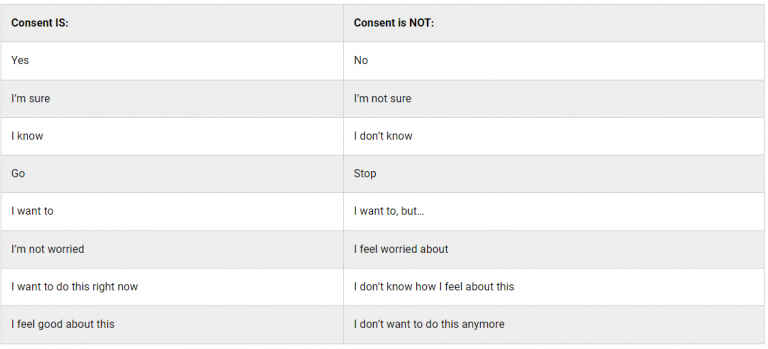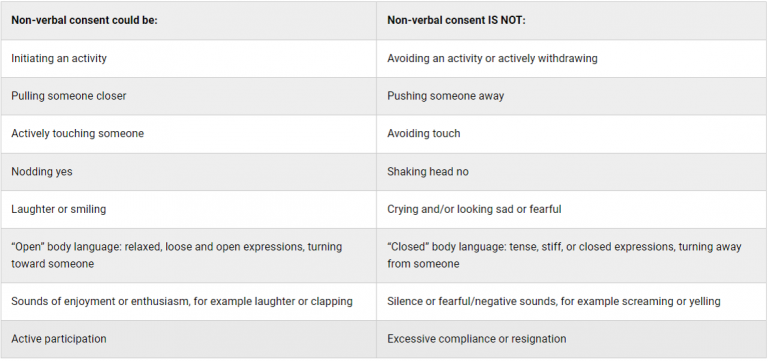“People With Disability Are Sexual Too”
By Interchange Australia Marketing Coordinator Tahlia Bunt
Sexuality amongst people with a disability is often a topic left unspoken – but the more we talk – the easier it gets.
What actually is sexuality?
It is the way that people experience and express themselves sexually. We express our sexuality in many ways, through thoughts, fantasies, desires, beliefs, attitudes, values, behaviours, practices, roles and relationships. Sexuality is integral to a person’s identity and develops throughout life, from birth to death. It is natural for people across all ages to express their sexuality through their behaviour.
A person’s sexuality is influenced by their experiences and social, emotional, physical, familial, cultural, economic and political factors.
Sexuality is a normal and healthy part of who we are.
All of us are sexual.
Sexual activity comes with responsibilities.
Hurting or exploiting others is wrong.
These are the basic underlying beliefs that flavour this article. Regardless of whether you feel embarrassed to talk about it, it is a normal and healthy part of life.
People with disabilities have the same rights as anyone else to be sexual beings. Expressing sexuality through sexual behaviour is natural, healthy and a basic aspect of being human – however, protection of vulnerable people is crucial and their welfare must be considered at all times.
All people have the right to attain the highest standard of sexual health, including access to sexual and reproductive health care services; to seek, receive and impart information related to sexuality; to sexuality education; Respect for bodily integrity; to choose their partner; to decide to be sexually active or not; Consensual sexual relations; Consensual marriage; to decide whether or not, and when, to have children; and to pursue a satisfying, safe and pleasurable sexual life.
Sexuality education encourages open and clear communication to provide a foundation for the development of healthy sexual behaviours and attitudes. Topics for education may include; Safe and fun sex; Saying No and getting help; Knowing what is appropriate and inappropriate behaviour; Recognising potentially threatening behaviour; Know how to reject unwanted attention; Understanding how relationships work; Equality within relationships; Pregnancy and contraception; Puberty; Decision making; Contraception; Self esteem & feelings; Body Parts and much more.
It is essential that all staff and family explore ways of teaching appropriate public and private behaviour to people with a disability as relevant information isn’t always openly accessible. This forms the foundation upon which we write this article.
Helpful Tables on Consent, sourced from planetpuberty.org.au


References
Macarthur Disability Services. 2021. Home. [online] Available at: <https://www.mdservices.com.au/> [Accessed 3 October 2021].
Planet Puberty. 2021. Keeping safe – Planet Puberty. [online] Available at: <https://www.planetpuberty.org.au/keeping-safe/> [Accessed 2 October 2021].
Planet Puberty. 2021. Relationships – Planet Puberty. [online] Available at: <https://www.planetpuberty.org.au/relationships/> [Accessed 1 October 2021].
Planet Puberty. 2021. The Body – Planet Puberty. [online] Available at: <https://www.planetpuberty.org.au/the-body/> [Accessed 1 October 2021].







